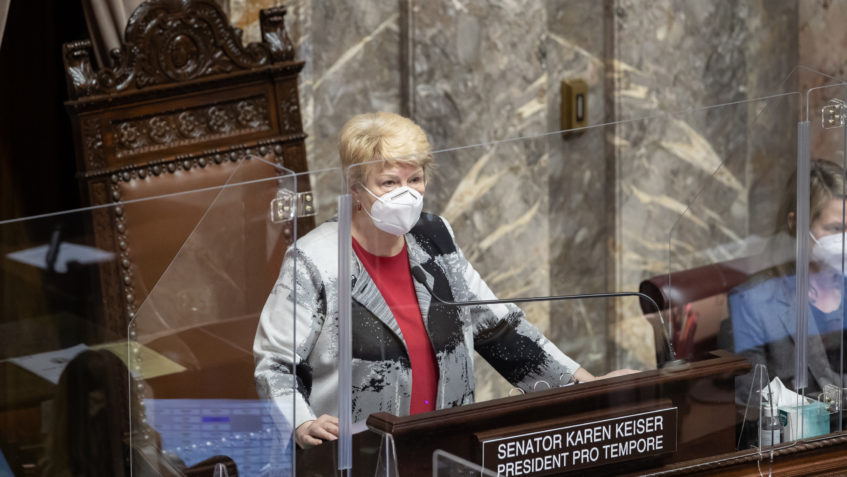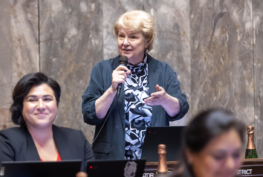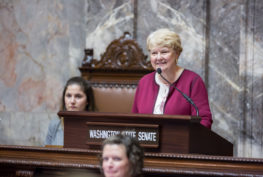OLYMPIA — Communities in Washington would have access to an innovative new approach to local public health improvements under a bill passed by a bipartisan majority of the Senate this afternoon.
SB 5052 would establish a Health Equity Zones program in Washington to address health disparities in communities of color and other communities with disproportionately poor health outcomes—from pre-term births to diabetes to high blood pressure to COVID-19.
“We need a bottom-up focus on communities,” said Sen. Karen Keiser (D-Des Moines), the bill’s sponsor. “There is no silver bullet to eliminate health disparities, but this bill helps our public health authorities do the hard work of developing trust, doing outreach, building capacity, and increasing health care access.”
Modeled after a highly successful program in Rhode Island, Washington’s Health Equity Zones would be geographic areas that data show to have poor health outcomes. These zones may be designated by the state Department of Health (DOH) or may be self-identified by communities, with DOH approval. Once a zone has been identified, local non-profit community organizations can band together to address pressing health needs, with support from DOH in applying for funding, project management, and outcome measurement.
“We’ve identified many chronic health diseases that we know, with appropriate resources, we can equitably address and make all of Washington State’s citizens healthier, regardless of their geographical location, background, or race,” Dr. Ahmed Ali said in written testimony to the Senate Ways & Means Committee.
Ali is the director of the Somali Health Board, a grassroots organization with ambitious goals of addressing and reducing health disparities among Somali immigrants and refugees in Washington State. During the pandemic, the organization has been assisting community members with rent, food, transportation and COVID-19 supplies, in addition to organizing testing and pop-up vaccination sites.
SB 5052 will now go to the House of Representatives for consideration. It has until April 11 to be approved by the House to be eligible to become law this year.
The 2021 legislative session is scheduled to adjourn on April 25.





